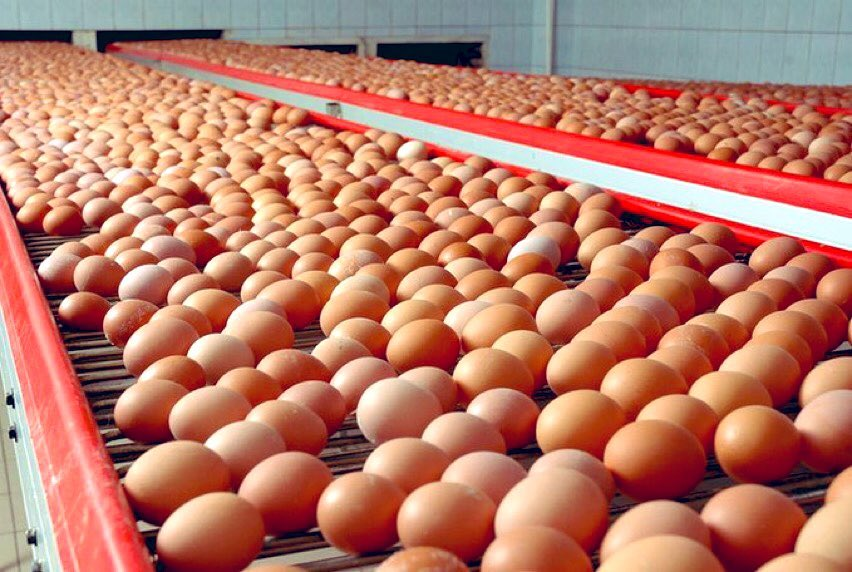
Today, #technology and #innovation are transforming the sector in exciting ways, with new tools and techniques that help farmers increase yields, reduce waste, and improve their environmental impact.
Some of the most cutting-edge technologies being used in #agriculture include precision farming tools like drones, sensors, and GPS mapping, which help farmers monitor their crops in real-time and make data-driven decisions.
Other innovations include biotechnology and genetic engineering, which can help farmers develop crops that are more resistant to pests, drought, and other environmental stresses.
In addition to these high-tech innovations, many low-tech innovations are making a difference in #agriculture.
For example, some #farmers are using natural #farming techniques like composting and intercropping to improve soil health and increase crop yields
For example, some #farmers are using natural #farming techniques like composting and intercropping to improve soil health and increase crop yields
Others are using conservation practices like cover cropping and no-till farming to reduce soil erosion and improve water quality
By embracing these new technologies and innovations, farmers can improve their bottom line while also doing their part to protect the #environment.
As #technology continues to evolve, we can expect to see even more exciting developments in the years to come.
As #technology continues to evolve, we can expect to see even more exciting developments in the years to come.
• • •
Missing some Tweet in this thread? You can try to
force a refresh














